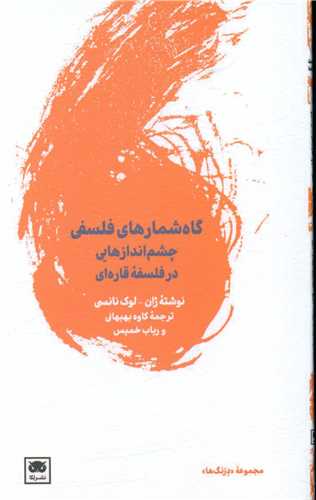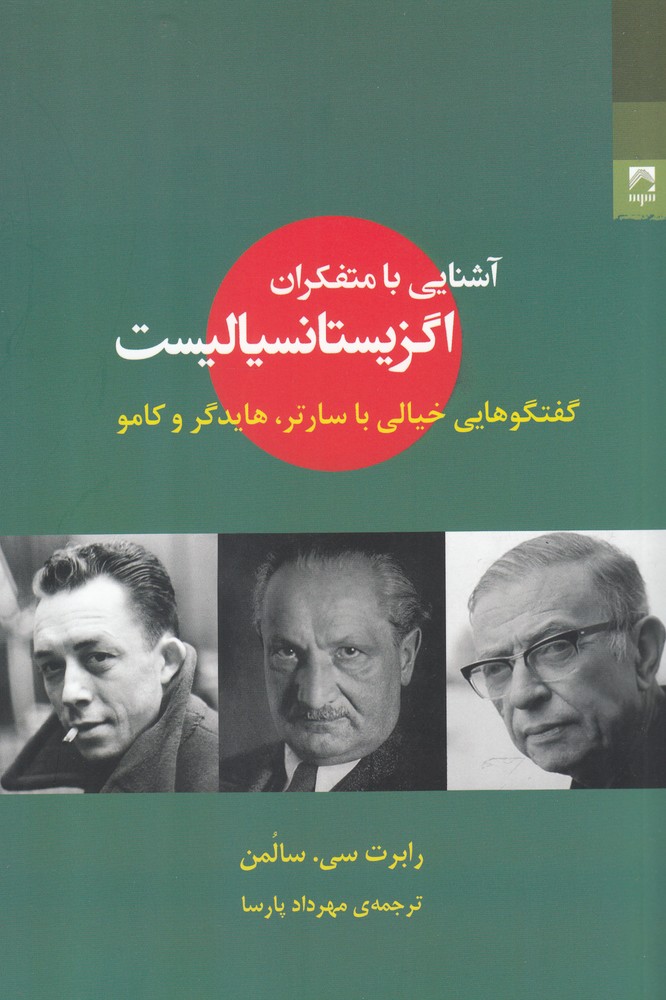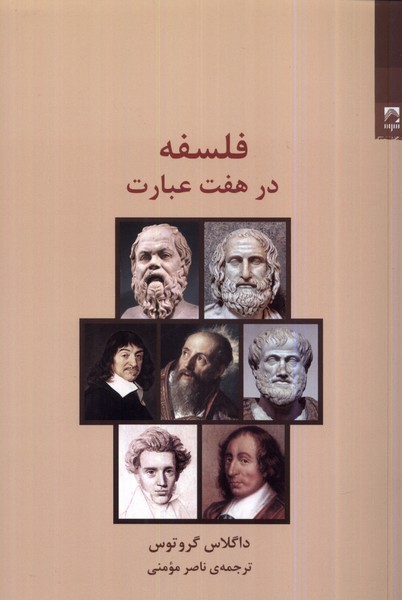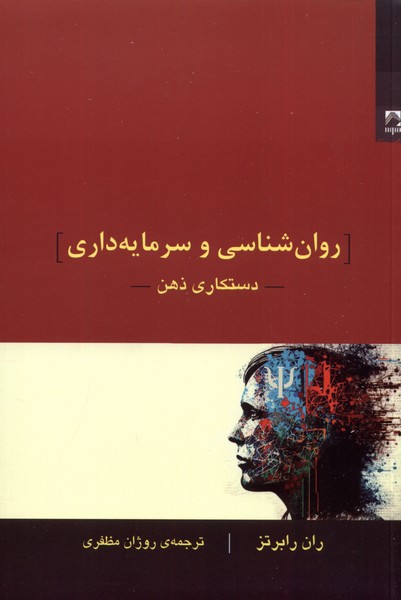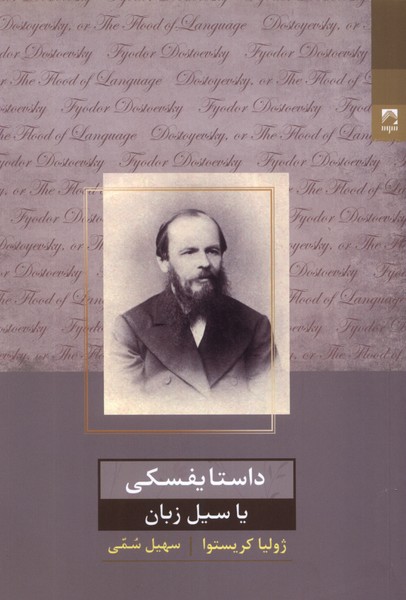Ibtiẕāl-i Hāydigir: Persian 1402
ابتذال هایدگر
20.76 $
Share
Wishlist
Original Title:
Banalité de Heidegger
ISBN:
9786226359597
Translator:
Shirvīn Ulīyāyī
Publisher:
Shavand
Age Group:
Adult
Pages:
94
Weight:
90 g
Dimensions:
14 x 21 x 0.9 cm
Book Cover:
Paperback
Heidegger and Ever since the philosopher’s public involvement in state politics in 1933, his name has necessarily been a part of this unsavory couple. After the publication in 2014 of the private Black Notebooks, it is now unambiguously part of Heidegger and anti-Semitism.
What do we learn from analyzing the anti-Semitism of these private writings, together with its sources and grounds, not only for Heidegger’s thought but for the history of the West in which this thought is embedded? Jean-Luc Nancy poses these questions with the depth and rigor we would expect from him. In doing so, he does not go lightly on Heidegger, in whom he finds a philosophical and “historial” anti-Semitism, outlining a clash of “peoples” that must at all costs arrive at “another beginning.” If Heidegger’s uncritical acceptance of prejudices and long-debunked myths about “world Jewry” shares in the “banality” evoked by Hannah Arendt, this does nothing to lessen the charge. Nancy’s purpose, however, is not simply to condemn Heidegger but rather to invite us to think something to which the thinker of being remained anti-Semitism as a self-hatred haunting the history of the West―and of Christianity in its drive toward an auto-foundation that would leave behind its origins in Judaism.
more
هایدگر و از زمان دخالت عمومی فیلسوف در سیاست دولتی در سال 1933، نام او لزوماً بخشی از این زوج ناپسند بوده است. پس از انتشار دفترچه یادداشت خصوصی سیاه در سال 2014، اکنون بدون ابهام بخشی از هایدگر و یهودستیزی است.
از تحلیل یهودستیزی این نوشته های خصوصی، همراه با منابع و زمینه های آن، نه تنها برای اندیشه هایدگر، بلکه برای تاریخ غرب که این اندیشه در آن نهفته است، چه می آموزیم؟ ژان لوک نانسی این سوالات را با عمق و دقتی که از او انتظار داریم مطرح می کند. با انجام این کار، او از هایدگر که در آن یهودی ستیزی فلسفی و «تاریخی» مییابد، بیاهمیت نمیگذرد و درگیری «مردم» را ترسیم میکند که به هر قیمتی باید به «شروعی دیگر» برسد. اگر پذیرش غیرانتقادی هایدگر از پیشداوری ها و افسانه های مدت هاست که درباره «یهودیت جهانی» از بین رفته است، در «ابتذال» که هانا آرنت برانگیخته است، سهیم است، این امر چیزی برای کاهش اتهام وارد نمی کند. با این حال، هدف نانسی صرفا محکوم کردن هایدگر نیست، بلکه دعوت از ما به تفکری است که متفکری که بهعنوان یک نفرت از خود که تاریخ غرب و مسیحیت را در حرکت به سمت یک خودبهخودی میکشد، یهودیستیزانه باقی میماند. -بنیادی که ریشه های خود را در یهودیت به جا می گذارد.
more




